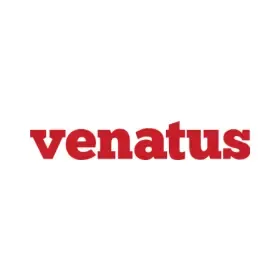Programmatic Open Auctions: Advantages, Benefits, and Pros
-
 By Editorial Staff
By Editorial Staff
-
25 March 23
The open auction is the standard Ad Manager programmatic ad auction, and it gives all authorized buyers the opportunity to bid on your inventory. The ad auction is designed to make sure you're earning the maximum possible revenue for your ad inventory. The more advertisers that bid, the higher the competition is for your inventory and the more you can earn.
Summary
-
Programmatic Open Auctions: Advantages, Benefits, and Pros
- The Advantages of Programmatic Open Auctions for Publishers: Pros
The Advantages of Programmatic Open Auctions for Publishers: Pros
Listed here are some of the advantages and benefits of open auctions. Although seated at the lowest priority level, open options are a great source of perennial revenue and are the pathway for direct programmatic deals.
Automated Workflow:
In an open auction, there is nothing much a publisher needs to do apart from increasing the overall auction pressure. The entire workflow in an open auction is completely automated. There is an infinite number of buyers, and if your inventory is worth it, it will be sold at premium rates in the open auction. It is one of the perfect technology to understand and determine the worth of your inventory.
High CPMs for Quality Traffic:
In an open auction, the demand is pretty much infinite, and there are a number of advertisers who are sending bids on your impression. The winning bid ends by delivering the ad creative if your technology stack runs on header bidding. If your website attracts traffic that is deemed appropriate, then the CPM rates can be quite high compared to Google AdSense.
Increased Revenue:
You can increase your overall revenue by placing ad tags on locations that don't generally bring in higher CTRs. However, since open auction runs on a CPM basis, you'll continue to earn despite low CTRs. However, I would emphasize that advertisers periodically check conversion and CTR data, and they might remove and blacklist your website if the CTRs and conversions are extremely low. Most advertisers are still ok with a 25-40% variation of their median data.
Auto Refreshing of Ads:
Most of the ad exchanges and DSPs now allow the refreshing of ad units to let publishers increase their overall ad revenue without ever compromising on the viewability metrics. So, if your time on site is high, you can continue to refresh the ad units and increase your overall inventory, and double or triple your ad exchange revenue.
No Contract or Commitment:
You are not required to make any commitments to advertisers, a group of advertisers, DSPs, or any exchanges in an open auction model. The process is pretty simple and doesn't require any long-term commitment from either of the parties. If you don't like any particular ad creative or a buyer, you have the option to block the ad creative or the buyer, and this will prevent their ads from showing on your website.
How Can Publishers Maximize Benefits from Open Auctions?
In order to maximize benefits from the open auction, you need to have content that drives conversions and adds value for advertisers. Also, the niche of your website should be something that has a huge advertiser demand and greater competition among the advertisers. As you continue to generate ongoing conversions for a select number of advertisers, the competitors will spy on the top-performing creatives and ultimately start bidding on your website. At this point, you can increase your minimum floor CPM to increase the overall competition without resulting in a drop in fill rates.
The Advantages of Programmatic Open Auctions for Advertisers: Pros
Advertisers have the maximum benefits in open exchange in terms of scale, pricing, optimization, and more. Take a look at how you, as an advertiser, can be benefitted from available exchanges.
Automated Workflow:
Based on your targeting presets and preferences, the DSPs algorithm chooses the relevant websites which quantify your KPIs. Thus you don't need to search for an array of sites to launch your campaign or generate ROIs. The CPM rates are typically lower in the open exchange, and thus it becomes the gateway to find out places that convert well for your offers and campaigns. There is no guesswork, and the entire process is regulated just by the click of buttons.
Ready to Scale:
As an advertiser, you would prefer a solution that gives you the ability to scale, and it becomes quite easy to scale your campaign in the open exchange. Once you have achieved the required level of optimization for your campaigns, you will have a handful of websites that are driving conversions for your campaigns. You can further optimize them to reach the best placements and scale your campaign by adjusting the overall CPMs to generate more winning bids.
No Contract or Commitment:
You are not required to make any commitments to the publisher, ad exchange, or the SSP from which you're buying the traffic. Your only commitment lies with the DSP and its pre-negotiated terms. This saves not only a lot of time but also the effort of reaching out to publishers directly and signing up deals with them without knowing the end result of the campaign performance.
Quality Traffic:
Almost every good website you are aware of can be found participating in the open exchange. Having open auction deals at the bottom of price priority doesn't mean that the traffic that you will be getting is of low quality. You have to map your KPIs against your advertising campaign, and then you should find your potential customers and retargeted audience. This is one of the simplest ways to drive quality traffic from open exchange to your campaigns.
Low CPMs:
Open exchanges guarantee you the lowest possible CPM because almost every publisher has some remnant inventory that they want to monetize via the open exchange as they don't form a part of their guaranteed programmatic deals.
Granular Targeting:
One of the best things about an open auction for advertisers is the level of targeting that they can achieve for their campaign is extremely granular. You can talk with any website, specific placements, device geography interest, and user type.
Great Scope of Optimization:
Since there is ample remnant inventory available on many premium websites at a fraction of the price, there is a great scope for optimization for all advertisers. In an open auction, you can expect one of the highest ROAS, provided you delve deep into campaign optimization and do significant AB testing.
How Can Advertisers Maximize Benefits from Open Auctions?
The best way to maximize benefits in an open auction is to explore websites and placements generating 5 conversions for your campaigns. A high conversion would lead to 30 to 40% or even more of your medium conversion value. Where are you should get in touch with the specific Publishers and propose a programmatic guarantee for preferred programmatic deals to further explore the possibility of increasing your ROAS?
| Recommended Software | Category | Why Choose? | Signup URL |
|---|---|---|---|
| Setupad | Website Monetization | High CPMs, On time payments | Signup here |
| Adsterra | Website Monetization | AdSense alternative, niche CPMs | Signup here |
| Beehiiv | Email Monetization | Additional revenue, High CPMs | Signup here |
| Semrush | SEO | High impact on SEO and traffic | Signup here |
| Frase.io | AI SEO | Affordable, Boosts SEO traffic | Signup here |
| WP Rocket | Speed Optimization | Affordable, Boosts Pagespeed | Signup here |
Blog FAQs

Editorial Staff at Publisher Growth is a team of blogging and AdTech experts adept at creating how-to, tutorials, listings, and reviews that can publishers run their online businesses in a better way.
View All PostsOur Editors’ Pick:
Browse these amazing publisher monetization tools handpicked by our team of editors






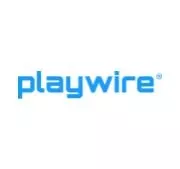






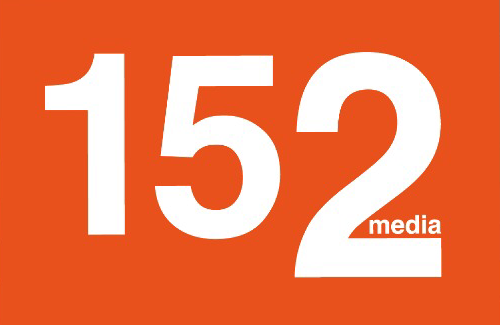
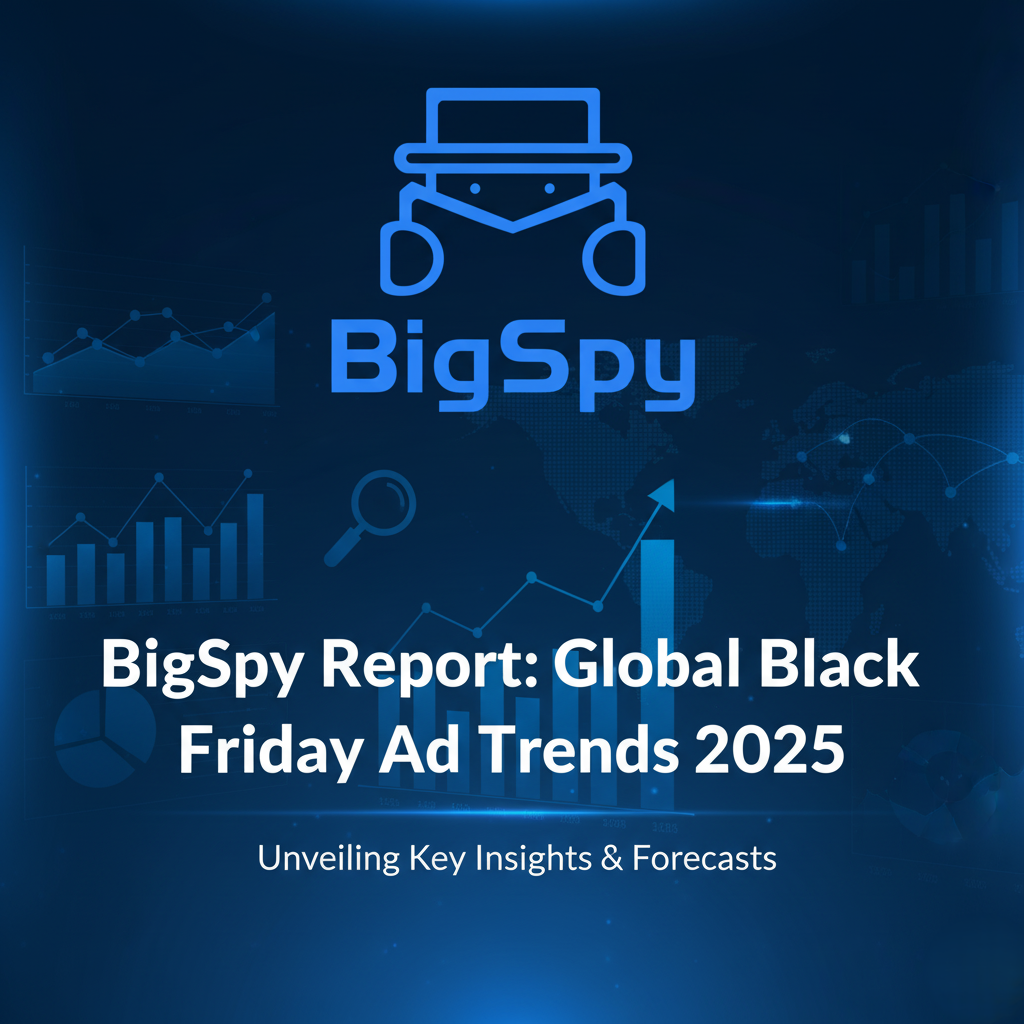
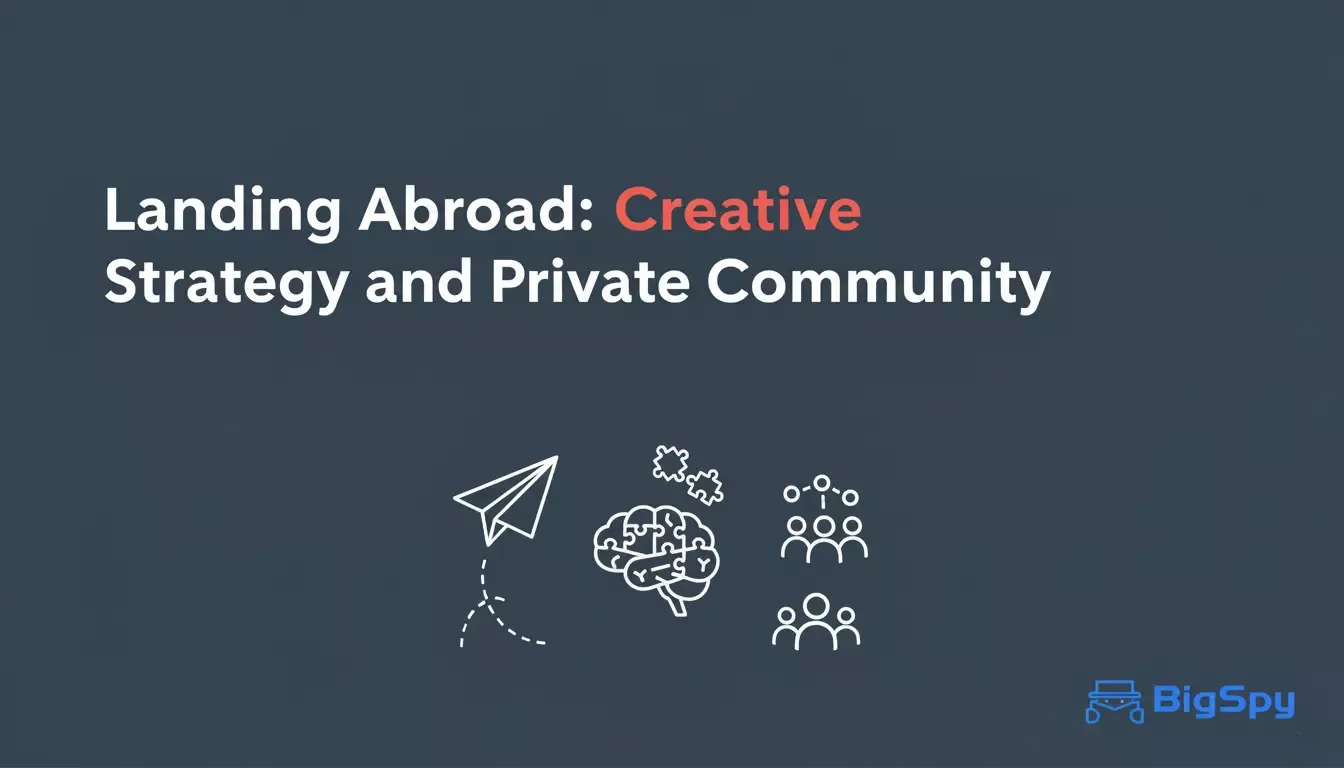
.webp)
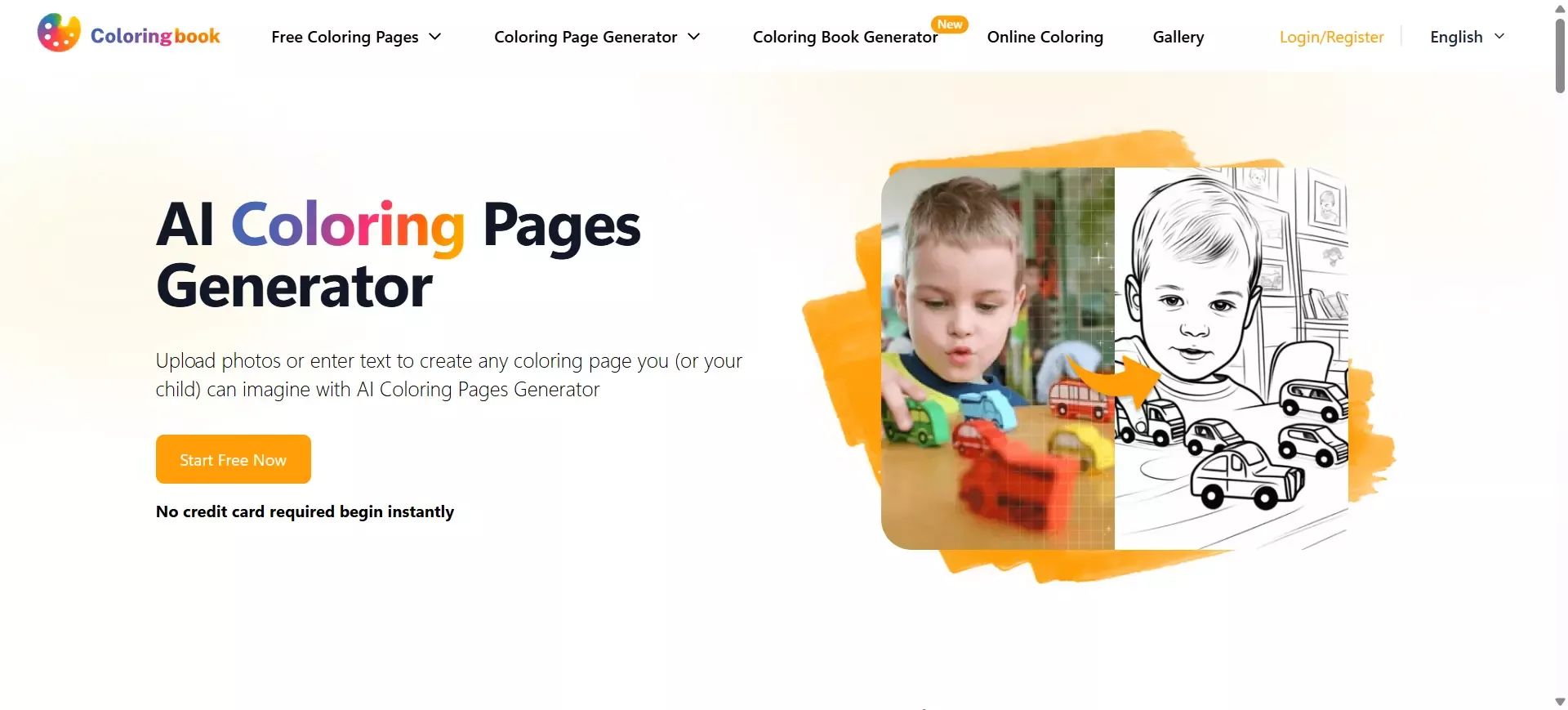
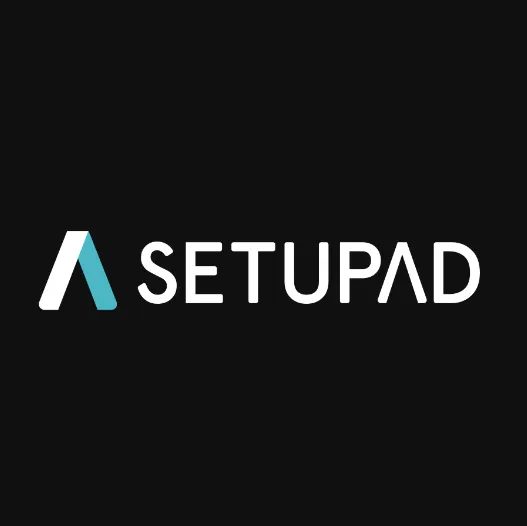

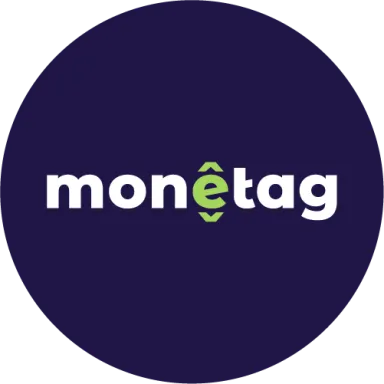


 (1).webp)
